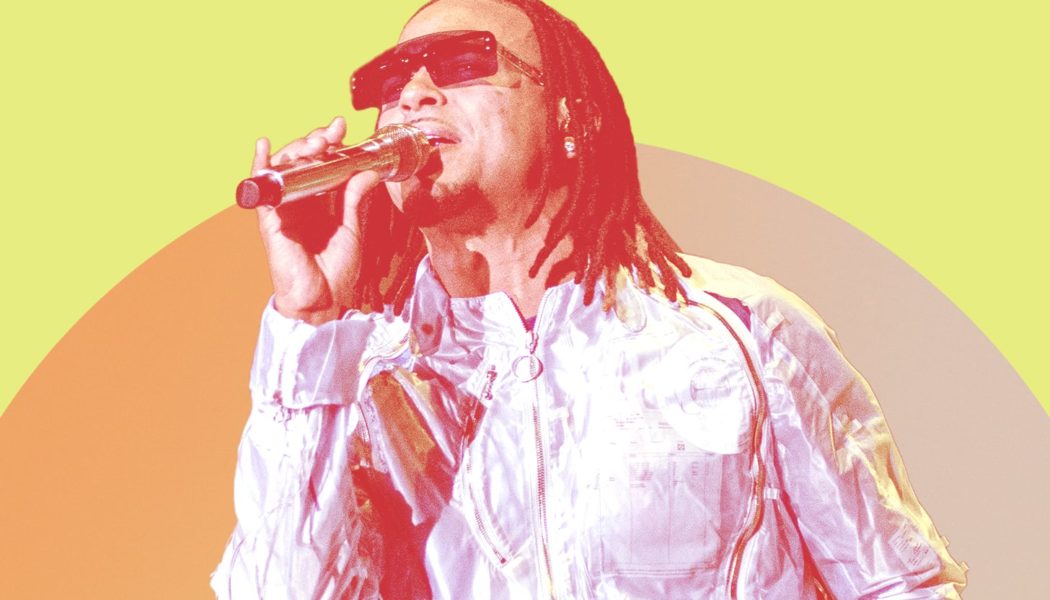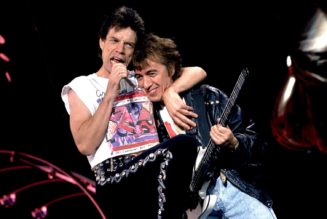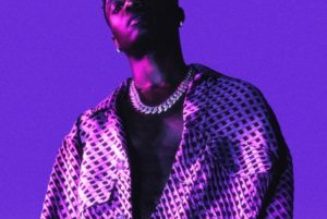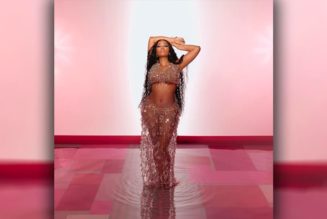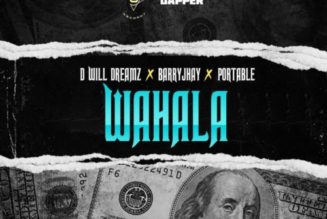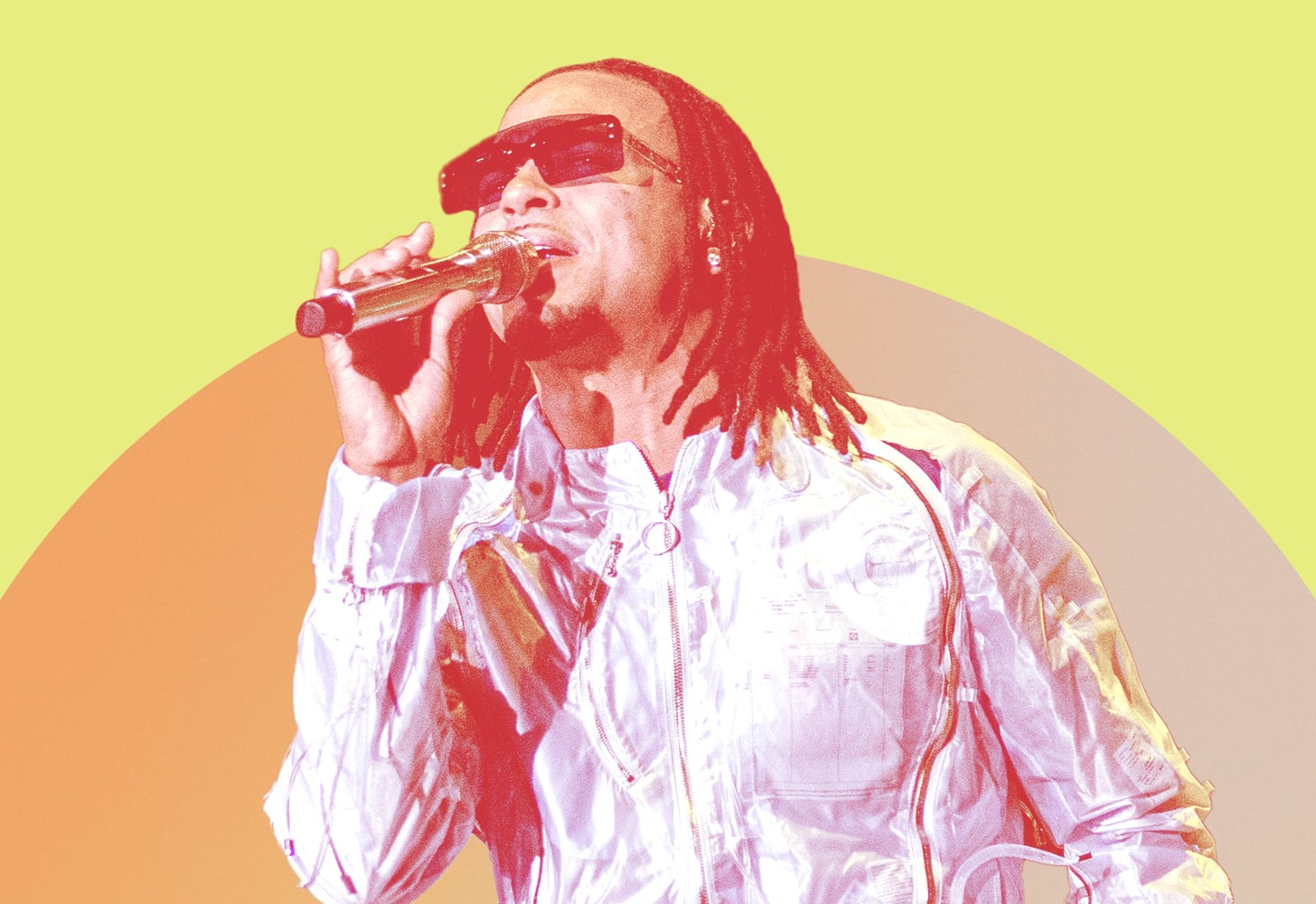
I’ve always seen Ozuna, as a curious case in modern reggaetón. As one of the most recognizable faces of the current generation of reggaetóneros and traperos, he is constantly in demand as far as features go, racking up an impressive list of guest slots on songs for the likes of J Balvin, Rosalia, Lunay, and Rauw Alejandro. However, when it comes to his solo ventures, while he’s got a string of heavy rotation hits such as “El Farsante,” “Se Preparo,” y “Caramelo, his most successful album remains 2017’s “Odisea.” This is despite having released five albums since then.
When Ozuna dropped his latest album, “Afro,” back in May of this year, it’s no surprise that for many like myself, it flew under the radar. It’s a shame because the 7-track EP might just be the crooner’s best work yet. The fact that he does it while bridging the gap between Puerto Rico and the greater African diaspora should be supported. With “Afro,” the romantiqueo specialist departs from the reggaetón sound that defined his last album “Ozutochi” for a completely different genre: afrobeats.
For those who have been living under the proverbial rock, afrobeats is an African genre of music that has been experiencing wildfire-like growth. Starting in the early 2000s, the music has exploded in countries like Nigeria, Ghana, Jamaica, the U.K., and the U.S. buoyed by a flood of talented exponents such as Omah Lay, L.A.X, June Freedom, and the Grammy-nominated Burna Boy.
Combining elements commonly found in dancehall and reggaetón with the more traditional instrumentation found in West African jazz (think Fela Kuti over a juiced-up dembow rhythm and you’ve got the idea), the sound of afrobeats is smooth and refined, with rich baselines underscoring acoustic guitars, maracas, and keys.
Many of these elements can also be found in reggaetón, but are generally played at a lower BPM which changes the overall sound. However, that doesn’t change the fact that reggaetón and afrobeats share a common DNA. Many of the aspects of Puerto Rican percussion that reggaetón incorporates into its sounds — like timbales, congas and barriles — are African in origin. And a foundation of Puerto Rican salsa, la clave, can also be found in traditional African music, as well as, in afrobeats.
It’s refreshing to see certain artists continuing to embrace reggaetón’s African and Caribbean roots by incorporating sounds and inspiration from the greater African diaspora, instead of solely relying on those that come from Latin America. It reminds me of reggaetón’s middle years before the genre’s formula had been so firmly solidified and upcoming artists would freely experiment with more dancehall and calypso-inspired beats.
In fact, one of the genre’s biggest hits, 2007’s “No Te Veo,” completely forgoes the thumping dembow and incorporates more calypso and afrobeat-esque instrumentation long before that sound was trending globally. And while there will always be a place for what is becoming known as the “classic” reggaetón style (Rauw Alejandro’s excellent “Playa Saturno” is a perfect example of this), it is nice to see that, a genre that was once criticized for being too formulaic, continues to produce artists that are more than happy to experiment outside of its confines. This includes some of the biggest names in the industry.
On his Grammy-winning, grammy-nominated “Un Verano Sin Ti,” Bad Bunny includes the afrobeat “Ensename A Bailar” (though its inclusion has stirred up a fair share of controversy). J Balvin and Maluma have also collaborated with afrobeat artists Mr. Eazi and Rayvanny respectively. But Ozuna is the first reggaetón artist to make the crossover and release an entire afrobeat project. And it makes sense.
Over the course of his career, the artist has shown off a penchant for crafting hits that borrow elements from across genres to infuse his reggaetón with fresh sounds. Whether it’s the upbeat, airy snare of “Yo x Ti, Tu x Mi” or the dancehall-infused beat of “Quiero Repetir,” the moments that I’ve felt have best showcased the urbano singer’s talents are those where he has allowed himself to color a little outside the lines of reggaetón’s strict formula.
More than a Puerto Rican feel or general Latin music feel, these tracks have an overall Caribbean vibe to them. So, when Ozuna allows himself to play completely outside the genre, as he does on “Afro,” the results are an album that feels perfect for cruising around the colorful streets of San Juan during the magic hours after sunset.
I don’t know exactly why, but Ozuna somehow feels more in his lane here. Among the airy and bright instrumentals of “Afro,” his trademark higher register seems more natural. The genre’s faster tempo also gives the singer plenty of room to showcase his versatile flows. And when he pulls in stars like Davido or Omah Lay, his Spanish verses perfectly complement those of his Nigerian peers. By the time the album ends, it’s clear that with “Afro,” Ozuna is not just jumping on the bandwagon but leading the wave when it comes to afrobeats in Puerto Rico. He’s opening doors to a new chapter in reggaetón even as he momentarily steps away from it.
Image Source: Getty / Paul CHARBIT
